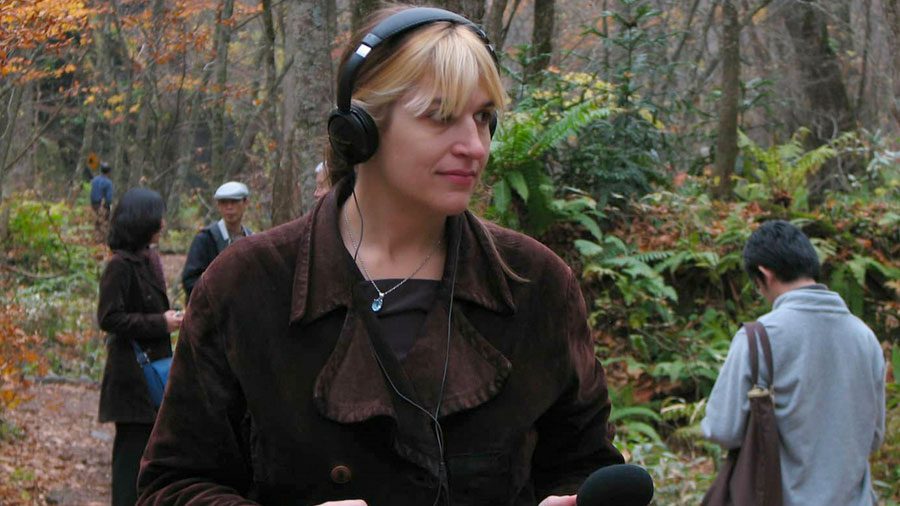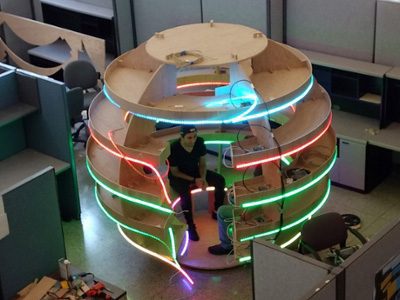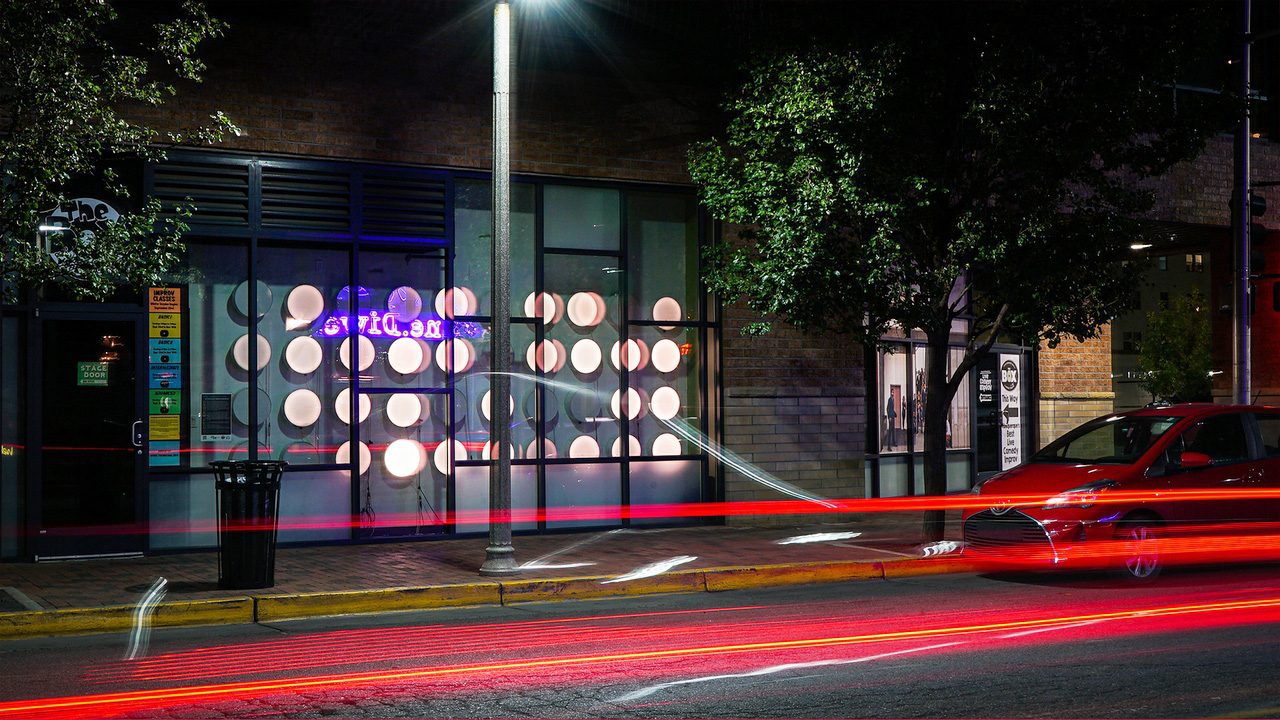
Andrea Polli, Professor of Art and Associate Professor of Engineering at The University of New Mexico, is known for her work that melds art, environment, data, science, and technology and provides students with a worldview and focus on the innovative and rapidly progressing field of bio art and design. Polli forms this connection between STEM (Science, Technology, Engineering, Mathematics) research and the arts and integrates them within the New Mexican community through STEAM NM, which she founded and currently directs.
STEAM (Science, Technology, Engineering, Arts, and Math) is quickly coming to the attention of most areas within STEM, influencing the questions researchers ask, how their research is conducted, and their approach to creating new technology. Polli calls attention to the ways that art can be incorporated into STEM for a broadened, more creative approach that widens the possibilities in the ways research can be done.
Polli noted that the federal government named STEM as the 21st century’s most needed set of skills for the future. However, she thinks that the possibilities of STEM research can be infinitely expanded and improved when including the arts, which provide freedom, fluidity, and creativity.
“Innovation requires creativity… How can we better integrate STEM with the arts?” she asked.
Polli has been involved with bio art and design and various other kinds of interdisciplinary work across the state, country, and world for years. In New Mexico, she has conducted a wide array of bio art and design projects since 2012, such as the creation of the Biokitchen, worked with the ASUNM Solar Decathlon House in Albuquerque, and created The GLOWpod aided by student researchers in her own lab.
With the help of up to 20 full-time AmeriCorps VISTAs, who include recent and future grads, STEAM NM partners with UNM departments and organizations of all different fields, as well as reaches beyond the university to partner with outside community establishments. The VISTAs work with Polli to discover and explore new ways to provide New Mexican students with opportunities to develop their critical thinking and skill sets and show the many research possibilities and opportunities that are available to them. This provides students with valuable knowledge and skills that will prepare and allow them to take part in the up-and-coming fields.

STEAM NM’s initiative is not only to expand the idea of research and design, but also to reach out to marginalized sectors of New Mexico to traditionally overlooked and excluded students and potential researchers to provide them with educational opportunities.
STEAM NM had been involved in many projects and collaborations with outside of UNM, including Santa Fe and Taos, with nearly 400 community members volunteering to help. Polli wants to bring attention to the benefits of expanding the idea of STEM research beyond the university and has been able to show that STEAM can make positive contributions toward improving the quality of life in New Mexico through sustainable means.
Each of Polli’s classes provide cross-disciplinary knowledge and transferable skills, teaching research and design skills that are transferable and useful across fields, providing a greater value to the courses beyond the single topic of the semester. This gives students a massive advantage to involve themselves in rapidly developing fields and its associated disciplines.
Polli also conducts the Bio Art and Design course with students in majors such as Film and Digital Media Studies, Sustainability Studies, Biology, Community and Regional Planning, and Honors. This class focuses specifically on bio art and design and is social intervention-based, meaning that students focus on the creation of technologies that address and attempt to resolve issues within the community using sustainable materials.
The course is self-directed by the students, who design and create their own projects using STEM research combined with artistic creativity in their approach to designing experiments, guiding their methodologies, and creating solutions. This process leads to innovation that could have never been realized within one solitary, insular field.

Polli’s students work to develop biological materials that are more environmentally-friendly, such as bio textiles that use the microorganisms in materials such as kombucha. Students participated in the Biodesign Challenge, where students across the world propose projects using bio design to solve problems. Two years ago, Polli’s students received a grant to go to New York City and present their work.
Polli explained that there are many openings and opportunities for “doing cool things out in a field where not everything has been done yet,” adding that institutions around the world want to have bio art and design programs.
“You could be the person to fill that need for the next big thing in research and design,” she said. “Anyone—bioethicists, bio art and design, philosophers, all fields have something to offer.”
Related articles
